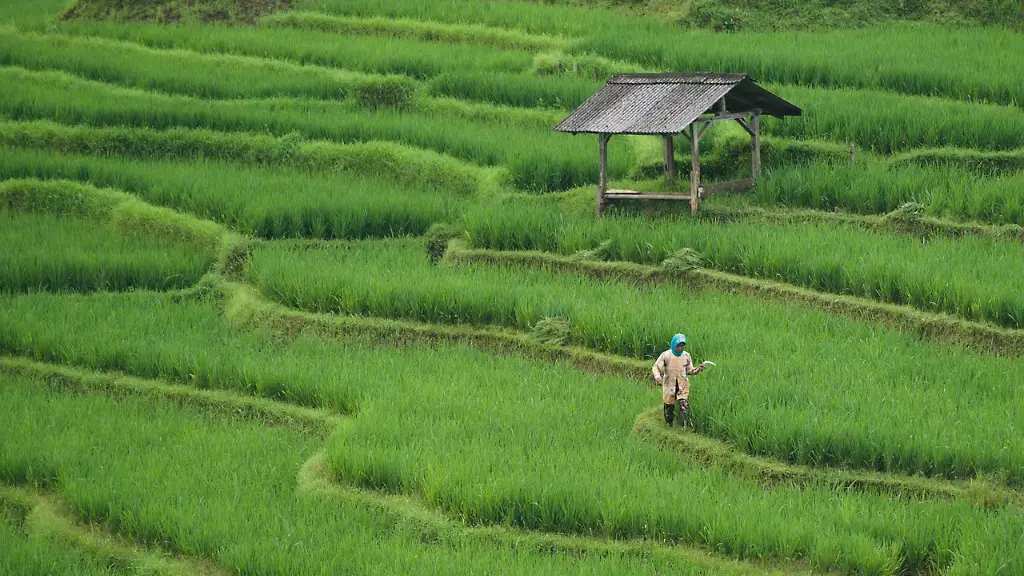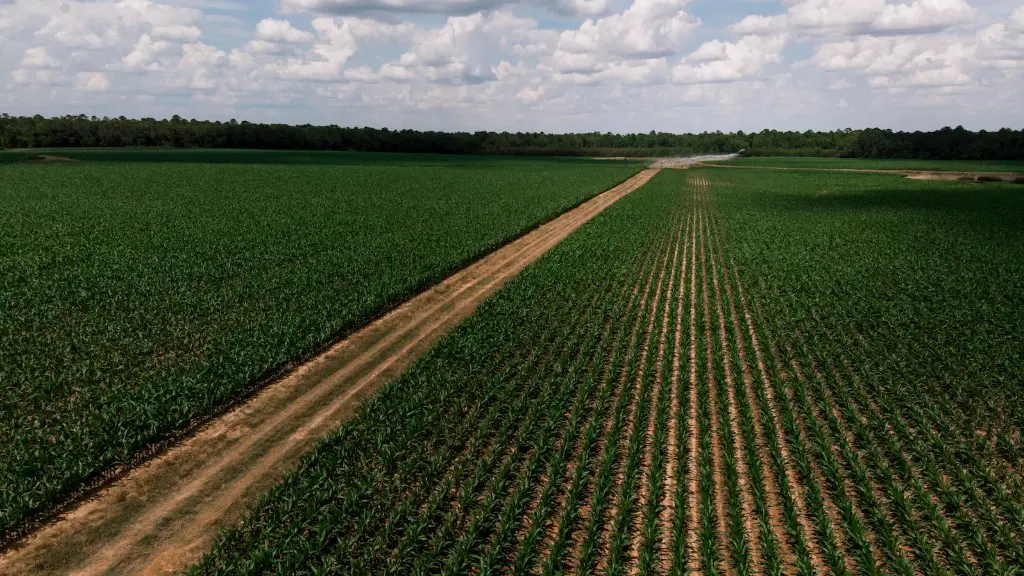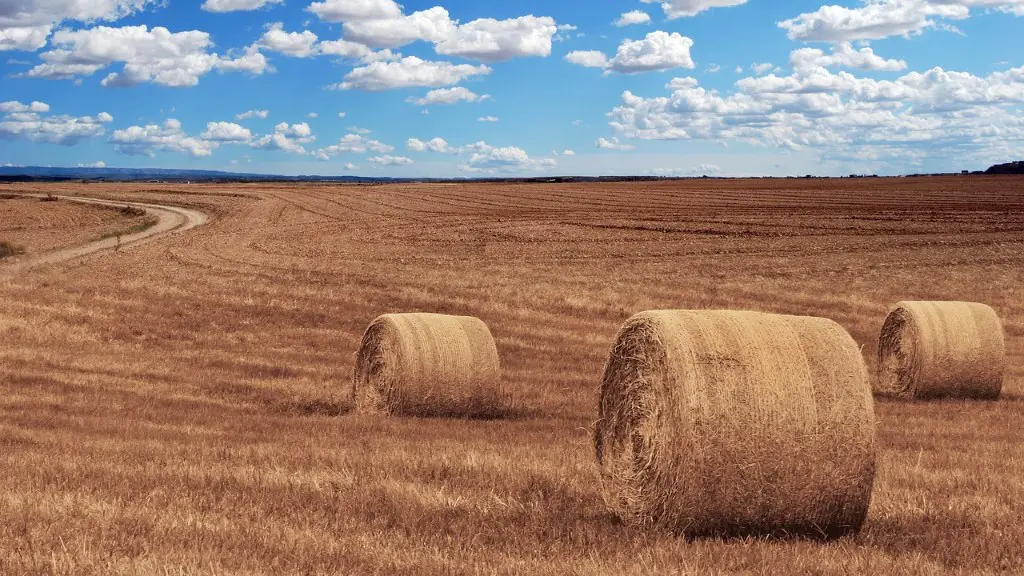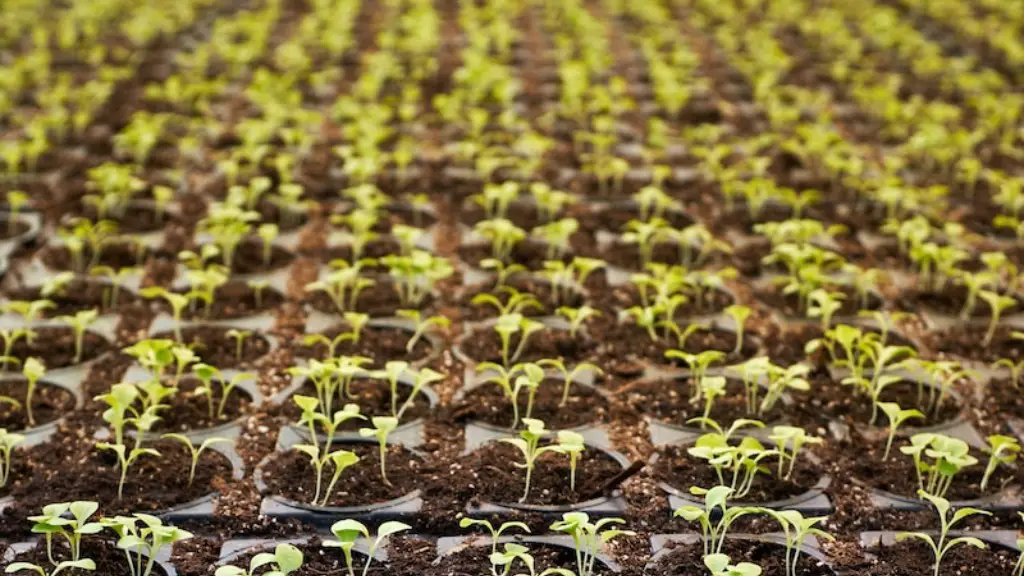Agriculture involves the supply of products and services for the purpose of aiding food production and maintaining the health of crops, animals, and people. Agricultural supply is essential for farmers, ranchers, and other producers to raise healthy, high-yield crops and livestock. Supplies can range from specialized fertilizers and soil amendments to equipment, services, and information. Some agribusiness firms provide direct agricultural supplies, while others provide the products and services needed for producers to improve the quality and efficiency of their operations.
Fertilizers and soil amendments are a critical part of agricultural supply. The proper use of certain specialized fertilizers and soil amendments increases crop yields while reducing the use of water and other resources, resulting in more sustainable agriculture. Examples of fertilizer and soil amendments include crop-specific fertilizers, soil conditioners, nutrient management additives, and plant growth regulators.
Equipment is another major component of agricultural supply. Farm equipment and machinery are used to prepare the fields, plant and harvest crops, manage livestock, and transport crops and livestock to market. From tractors and combines to planters and balers, farmers depend on their equipment to get the job done. Additionally, robotic systems are revolutionizing the industry, allowing farmers to automate much of the hard labor involved with farming.
Services are another important part of agricultural supply. Services range from producing special seed varieties to delivering expert advice on agronomic practices. Services may also include pest and disease control, feed, soil, and water testing, and providing access to financing and risk management instruments. Agricultural businesses often provide services directly to farmers, or they may join forces with other agribusiness firms to pool their resources and better serve the farmer.
Information is an important component of agricultural supply. For example, the climate of an area can have a considerable effect on agricultural production. Farmers and other producers rely on information from weather bureaus, climate databases, and other sources to understand current conditions and plan for the future. Additionally, access to timely and accurate market information can make all the difference for producers in terms of deciding when to buy and sell crops, livestock, and other commodities.
In conclusion, agricultural supply is critical for successful agricultural production. From fertilizers and soil amendments to equipment, services, and information, farmers and other producers depend on agricultural supply to raise healthy, high-yield crops and livestock. As new technologies and innovations continue to revolutionize the industry, opportunities for agribusiness firms to provide unique products, services, and information will continue to increase.
Types of Agricultural Supplies
Agricultural supplies are essential for successful agricultural production. They come in many forms, from basic fertilizers and soil amendments to high-tech robotic systems and software. Here are some of the most common types of agricultural supplies.
Fertilizers and soil amendments are one of the most important agricultural supplies. As the name implies, fertilizers and soil amendments are used to increase plant growth and health, as well as to raise yields. Common examples of agricultural supplies in this category include crop-specific fertilizers, soil conditioners, nutrient management additives, and plant growth regulators.
Equipment is another important agricultural supply. Equipment and machinery are needed for agricultural operations such as plowing, planting, harvesting, and transporting crops and livestock. From tractors to combines and from balers to planters, the list of equipment used in farming is vast. Additionally, various robotic systems are often used for agricultural operations.
Agricultural services are an important part of the supply mix. Services can range from seed production and delivery to providing expert advice on agronomic practices. Services may also include pest and disease control, soil, feed, and water testing, and helping farmers access financing and risk management instruments.
Information is also a critical component of agricultural supply. Without access to timely and accurate market information, producers may make decisions that do not maximize profits. Additionally, accurate and comprehensive climate data is also essential to successful agricultural operations.
Finally, financing is another form of agricultural supply. Financing agriculture is an essential part of the industry, as producers need access to working capital and other financial resources to maintain their operations. Financing is often provided in the form of loans or grants, and in some cases may be combined with other types of agricultural supplies, such as equipment or services.
Uses of Agricultural Supplies
Agricultural supplies are crucial for successful agricultural production. They come in many forms, from basic fertilizers and soil amendments to high-tech robotic systems and software. Here are some of the main uses of agricultural supplies.
Fertilizers and soil amendments are essential for ensuring healthy, high-yield crops. These products are designed to improve soil fertility and increase the availability of essential nutrients for efficient crop production. Additionally, certain soil amendments may also help retain moisture and reduce the need for irrigation.
Equipment is often needed for agricultural operations, such as plowing, planting, harvesting, and transporting crops and livestock. From tractors to combines and from balers to planters, the list of machinery used in farming is vast and constantly changing as new technologies come to market. Additionally, robotic systems are beginning to revolutionize the industry.
Services are also an important component of agricultural supply, providing specialized expertise on agronomic practices. Services may also help farmers access financing and risk management instruments and may include pest and disease control, soil, feed, and water testing.
Information is key to successful agricultural operations. Producers need access to accurate and timely market information in order to make sound decisions. Additionally, comprehensive and accurate climate data allows producers to plan for the future with confidence.
Financing is also a form of agricultural supply, as producers depend on access to working capital and other financial resources to maintain their operations. Financing is often provided in the form of loans or grants, and in some cases may be combined with other types of agricultural supplies, such as equipment or services.
Advantages of Agricultural Supplies
Agricultural supplies are an essential part of successful agricultural production. They come in many forms, from basic fertilizers and soil amendments to high-tech robotic systems and software. Here are some of the benefits of using agricultural supplies.
Fertilizers and soil amendments are extremely important as they help improve soil fertility and make essential nutrients available for efficient crop production. Additionally, certain soil amendments help retain moisture and reduce the need for irrigation, thus leading to more sustainable agriculture.
Equipment is often needed for agricultural operations, such as plowing, planting, harvesting, and transporting crops and livestock. From tractors to combines and from balers to planters, the right equipment can help producers save time and money while still delivering high-yield crops and livestock.
Agricultural services provide specialized expertise that directly benefits farmers. Services may also help producers access financing and risk management instruments, as well as enable them to take advantage of new technologies to increase profits.
Information is a key factor in successful agricultural operations. Accurate and timely market and climate data can help producers make decisions with confidence.
Financing is essential for agricultural production, as many producers rely on loans and grants to maintain their operations. Additionally, combining financing with other types of agricultural supplies, such as equipment or services, can provide considerable cost savings for producers.
Agricultural Supplies and the Environment
As an essential part of agricultural production, agricultural supplies can have a considerable impact on the environment. Here are some of the most important ways in which agricultural supplies affect the environment.
Fertilizers and soil amendments can help improve soil fertility while also reducing the use of water and other resources, resulting in more sustainable agriculture. Additionally, certain soil amendments may help reduce the need for chemical fertilizers, leading to fewer pollutants entering into the environment.
Equipment can help minimize the amount of physical labor required in farming. For example, combining robotic systems with traditional agricultural equipment can help reduce the amount of human labor needed for routine operations.
Services can also help producers reduce their environmental impact. By providing access to financing and risk management instruments, services can incentivize producers to adopt more sustainable practices.
Information is also essential for sustainable agricultural production. By having access to accurate and timely market and climate data, producers can make decisions with confidence that will reduce the likelihood of over-exploitation of resources.
Finally, financing is key to sustainable agricultural production. By providing farmers and producers with access to working capital and other financial resources, financing can help incentivize them to adopt more sustainable practices.





